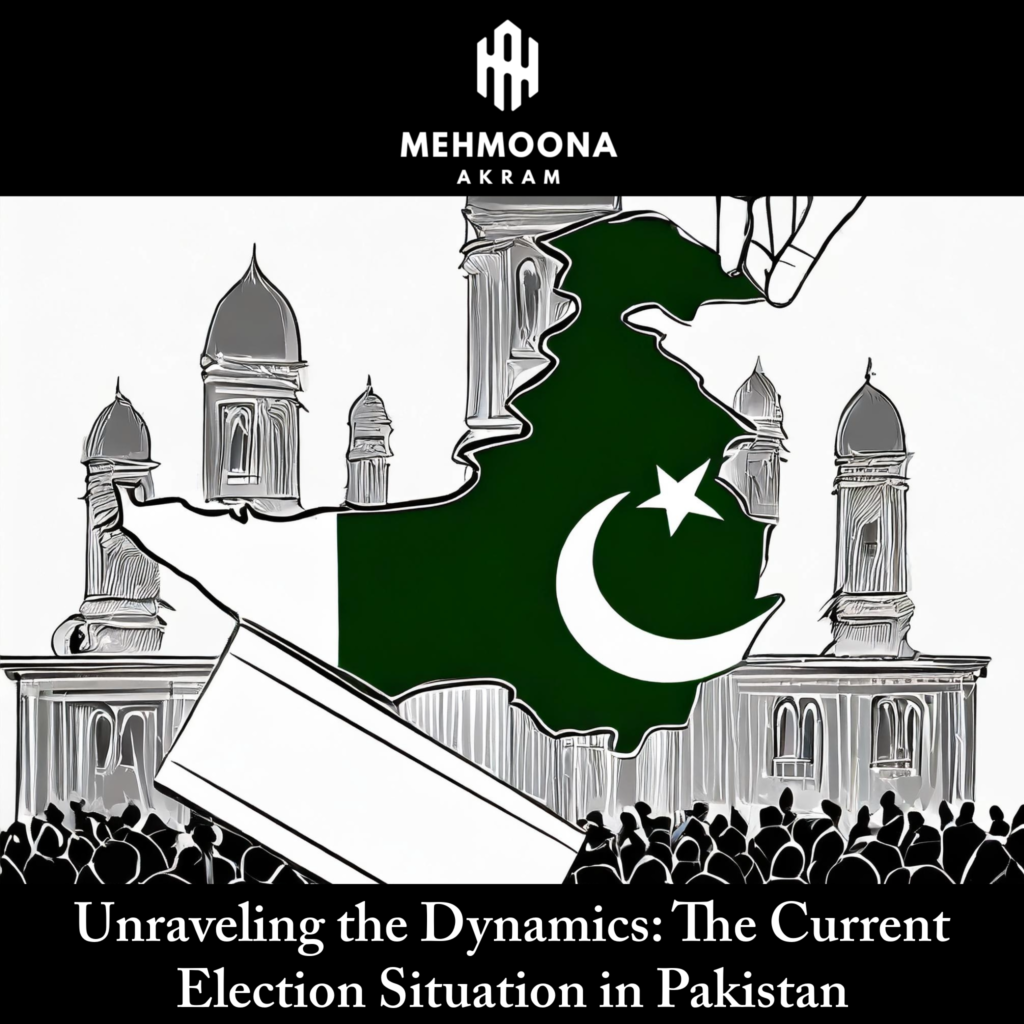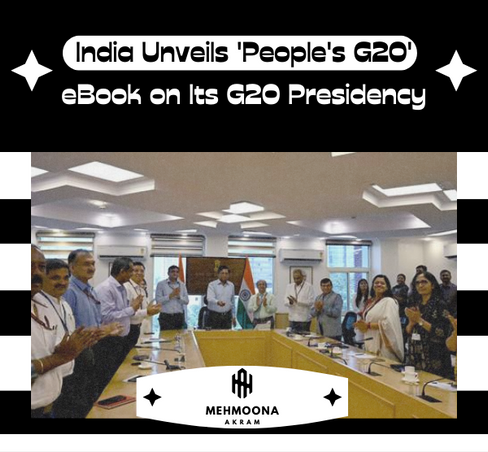
Introduction:
As one of the key players in the South Asian political landscape, Pakistan is currently navigating through a complex and dynamic election situation. The country, known for its rich history, diverse culture, and strategic geopolitical position, is witnessing significant developments in its political sphere. This blog aims to delve into the intricacies of the ongoing election situation in Pakistan, shedding light on the key players, issues, and potential outcomes.
Historical Context:
To understand the present election scenario, it’s crucial to consider Pakistan’s political history. The country has experienced periods of military rule interspersed with democratic transitions. The tug-of-war between civilian governments and military influence has been a defining feature of Pakistan’s political landscape.
Current Political Landscape:
As of [current date], Pakistan is under the governance of [current government/party], led by [current Prime Minister/President]. However, the political climate is marked by increased tension and a growing demand for change. Several factors contribute to this atmosphere, including economic challenges, governance issues, and public dissatisfaction.
Key Players:
- Incumbent Government: The [current government/party] has been in power since [election year]. Their tenure has been marked by [highlight key policies or challenges], which has generated both support and criticism.
- Opposition Parties: Several opposition parties, including [name of opposition parties], are actively challenging the ruling party. Their leaders, such as [key opposition figures], are rallying support and mobilizing their base by highlighting issues such as [mention key issues].
- Military Influence: Historically, the military has played a significant role in Pakistani politics. While there are claims of a reduced military influence, its presence in decision-making processes cannot be ignored. Observers are keenly watching for any indications of military intervention or influence in the upcoming elections.
Key Issues:
- Economic Challenges: The economy remains a focal point, with issues like inflation, unemployment, and fiscal policies taking center stage. The government’s handling of economic matters is under scrutiny, and opposition parties are capitalizing on public dissatisfaction.
- Governance and Corruption: Allegations of corruption and issues related to governance are prevalent. Transparency, accountability, and effective administration are critical concerns for voters.
- Security and Terrorism: Pakistan’s internal security situation, coupled with the challenges posed by terrorism, continues to be a priority. Political leaders are expected to present robust strategies for maintaining peace and stability.
- Foreign Relations: International relations, especially with neighboring countries, play a crucial role. The stance on key geopolitical issues and diplomatic relations will influence voters’ perceptions.
Potential Outcomes:
- Continuation of Incumbent Government: If the ruling party secures a majority, it could mean a continuation of current policies. The government may focus on addressing issues and challenges identified during its previous term.
- Change in Leadership: The opposition, if successful, could bring about a change in leadership. This may lead to a reevaluation of economic and foreign policies, as well as an emphasis on different priorities.
- Coalition Government: Given the diversity of political parties in Pakistan, the formation of a coalition government is a plausible outcome. This could result in a collaborative approach to governance, but it may also pose challenges in terms of policy coherence.
Conclusion:
The election situation in Pakistan is undoubtedly intricate, with a myriad of factors contributing to the overall political landscape. As the nation prepares for the upcoming elections, the choices made by voters will shape the trajectory of Pakistan’s political, economic, and social future. Observers around the world are closely monitoring these developments, recognizing the significance of a stable and democratic Pakistan in the broader regional context.



